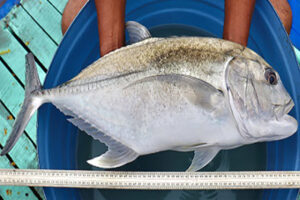
Indian researchers achieve giant trevally breeding and seed production breakthrough
The Central Marine Fisheries Research Institute said it has achieved captive breeding and seed production of the giant trevally.
Next Generation Sequencing techniques can support routine food industry activities and official control programs to combat fraudulent practices.

The Central Marine Fisheries Research Institute said it has achieved captive breeding and seed production of the giant trevally.
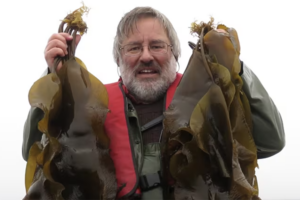
Thierry Chopin, a University of New Brunswick professor and advocate for Integrated Multitrophic Aquaculture, died July 18, his family announced.
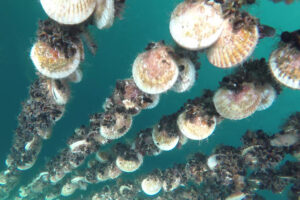
Researchers in northern Japan are using an AI image-recognition technique to observe scallop populations in lantern nets.
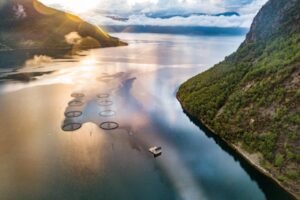
Rabobank predicts improved demand and cost stabilization for aquaculture, despite market uncertainty and ongoing biological challenges.
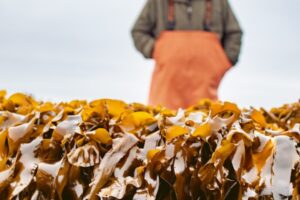
Atlantic Sea Farms harvests a record 1.3 million pounds of farmed seaweed in 2024, experiencing "tremendous expansion."
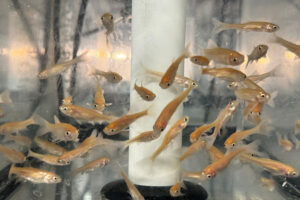
Can eDNA elicit insights into ocean biodiversity off the Ogasawara Islands, with implications for aquaculture monitoring?
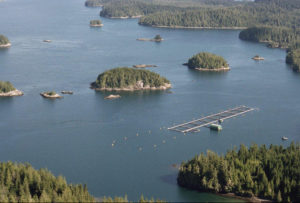
The aquaculture industry reacts to the Canadian government's "short-sighted" decision to close open-net pen BC salmon farms in 2029.
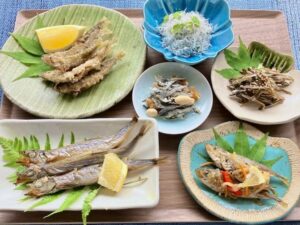
Study finds that regularly eating small fish whole significantly reduces the risk of death from all causes and cancer in Japanese women.

Scottish salmon exports have surged to $819 million in the past year, reaching a five-year high as international demand grows.
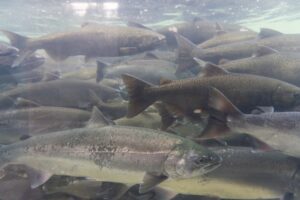
The University of Glasgow has received £3 million in funding for farmed salmon health and seaweed aquaculture research.

A free online training program, eConch, helps Caribbean communities learn to conserve and culture the endangered queen conch.
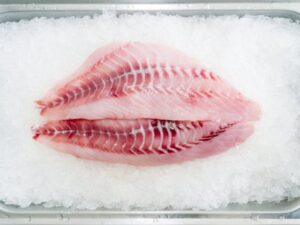
A new study outlines innovative seafood preservation methods that could reduce food waste and costs in the seafood processing industry.
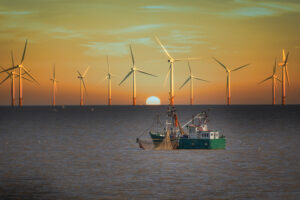
Will the U.S. government succeed in its goal to create space for 1 million acres of offshore wind farm initiatives off the coast of Maine? Many fishermen hope not.
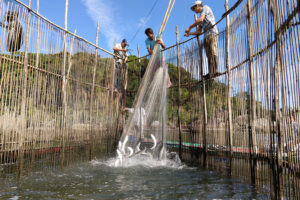
Biennial FAO report, The State of World Fisheries and Aquaculture 2024, says aquaculture production exceeded fisheries for the first time in 2022.
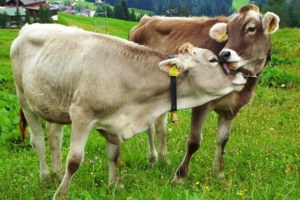
Consumers value animal welfare over sustainability, highlighting the need for labeling strategies to target consumer preferences.